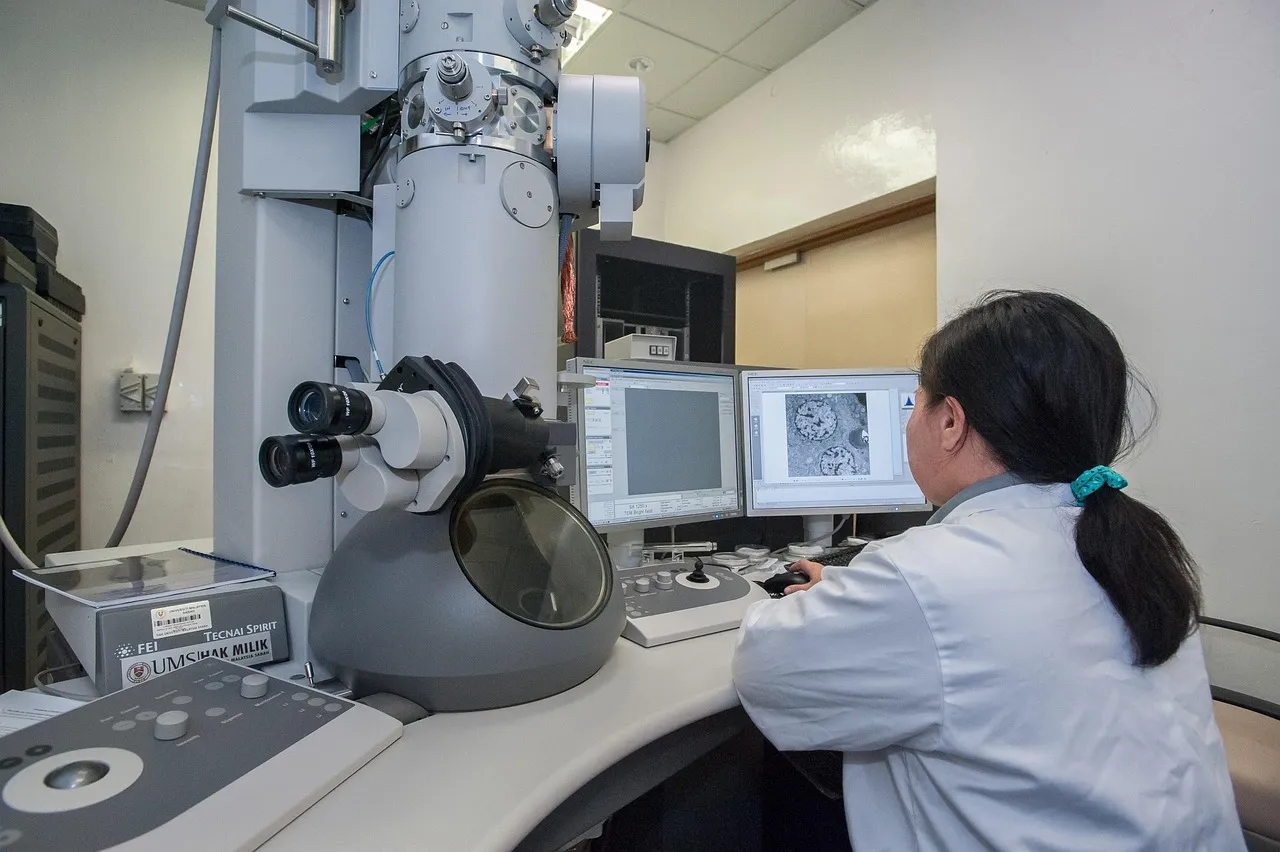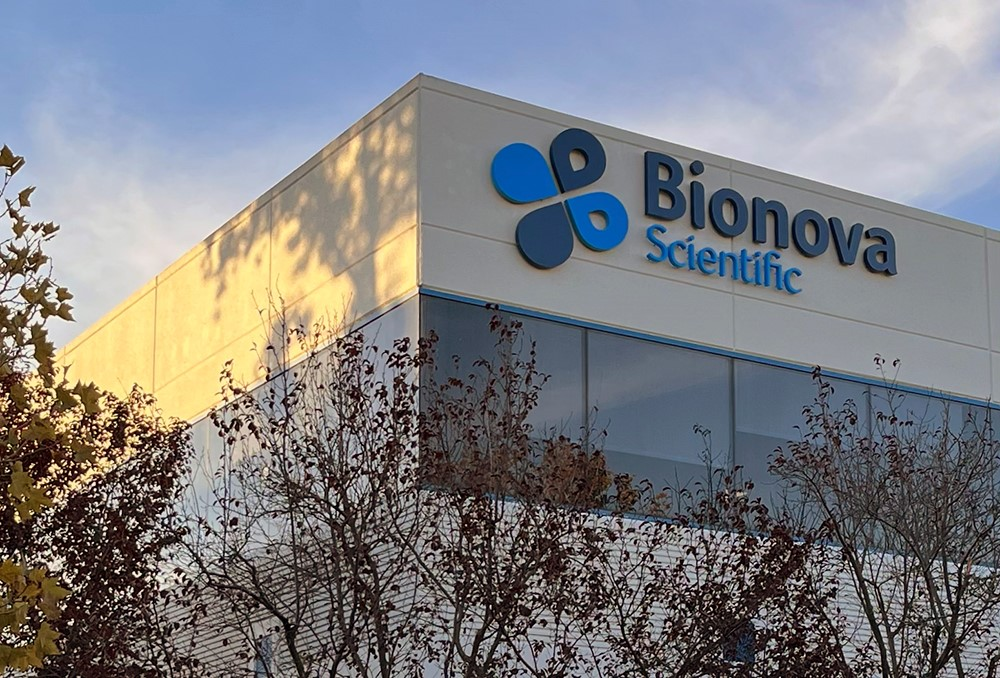
Bionova Scientific® Inaugurates Advanced Plasmid DNA Production Facility in Texas to Support Surging Global Demand for Cell and Gene Therapy Materials
Bionova Scientific®, a full-service biologics contract development and manufacturing organization (CDMO) and a wholly owned subsidiary of the global industrial and life sciences conglomerate Asahi Kasei, has announced the official opening of a cutting-edge plasmid DNA (pDNA) development and manufacturing facility in The Woodlands, Texas. The new site, encompassing approximately 10,000 square feet, is equipped with state-of-the-art infrastructure designed to address one of the most pressing needs in the rapidly expanding biopharmaceutical sector: scalable, high-quality production of plasmid DNA for advanced therapeutics.
Situated less than 30 miles north of Houston, the Texas facility will specialize in the design, development, and production of research-grade plasmid DNA, a foundational material for cell and gene therapies (CGTs), mRNA-based vaccines, and viral vector-based treatments. The investment reflects Bionova Scientific’s broader strategic ambition to expand beyond its core expertise in mammalian protein production and serve as a trusted partner across multiple biotherapeutic modalities.
A Response to Market Momentum in Advanced Therapies
The opening of the Texas pDNA facility comes at a time when the pharmaceutical industry is experiencing unprecedented growth. Bionova Scientific Global pharmaceutical sales are forecast to approach $3 trillion by 2033, with advanced therapies—particularly cell and gene therapies—representing one of the fastest-growing segments. These therapies, many of which require pDNA as a starting material, are poised to transform the treatment landscape for diseases ranging from rare genetic disorders to widespread chronic conditions such as cancer.
Plasmid DNA plays a critical role in the manufacturing of mRNA and viral vectors, serving as a genetic template in processes that ultimately yield therapeutic agents. As clinical pipelines swell with CGT candidates, demand for GMP-grade and research-grade pDNA has intensified. Yet, supply bottlenecks have persisted, creating delays in clinical development and commercialization.

By establishing this new site in The Woodlands, Bionova Scientific aims to relieve some of these bottlenecks. Initially focused on producing research-grade pDNA, the facility is on track to expand into clinical- and commercial-scale Current Good Manufacturing Practice (CGMP) production by the fourth quarter of 2025. This planned capability upgrade positions Bionova as one of the few CDMOs able to offer an integrated continuum from preclinical material supply to commercial manufacturing for pDNA-based therapeutics.
Expanding Bionova’s Biologics Footprint
Bionova Scientific has built its reputation through its flagship operations in Fremont, California, in the San Francisco Bay Area. That site specializes in antibody and protein production, offering services ranging from early-stage process development to large-scale GMP manufacturing. In recent years, Bionova has expanded both its physical capacity and technological capabilities, positioning itself as a high-performance CDMO partner for companies developing complex biologics.
The Texas facility represents a logical next step in Bionova’s growth trajectory. Rather than confining its service offerings to mammalian expression systems, the company is branching into the nucleic acid space, enabling it to serve an even broader range of clients.
“Bionova Scientific added these highly sought-after pDNA capabilities in response to a persistent unmet need among the cell and gene therapy biopharma community,” said Darren Head, President and Chair of Bionova Scientific. “Completing this specialized facility on schedule is not only a milestone for our team, but a crucial step in ensuring our customers receive the reliable, timely support they need to meet their own deadlines.”
Strategic Location in The Woodlands
The decision to locate the new facility in The Woodlands, Texas, was influenced by several strategic considerations. The Houston metropolitan area is emerging as a major hub for life sciences innovation, with a rapidly growing concentration of cell and gene therapy companies, research institutions, and biotech start-ups.
Texas also offers logistical advantages, including proximity to major transportation networks, which facilitates the efficient shipment of raw materials and finished products. The state’s favorable business climate, combined with a deepening talent pool of biotechnology professionals, further reinforced Bionova’s choice.
By establishing a presence in The Woodlands, Bionova Scientific gains closer access to current and prospective customers developing advanced therapies. This geographic positioning also aligns with the company’s aim to foster collaborative relationships within the broader U.S. CGT ecosystem.
Meeting Industry Challenges Head-On
While the potential of cell and gene therapies is enormous, their development and commercialization face a unique set of manufacturing challenges. Unlike traditional small-molecule drugs, advanced therapies often require complex and highly specialized production processes, stringent regulatory compliance, and exacting quality standards.
Plasmid DNA manufacturing, in particular, demands precision. Factors such as plasmid sequence stability, supercoiling percentage, endotoxin levels, and residual host cell impurities can significantly impact downstream performance in therapeutic applications. CGT developers depend on suppliers who can consistently deliver pDNA that meets exacting specifications.
By integrating pDNA capabilities into its service portfolio, Bionova Scientific is positioning itself as a solutions provider that can help customers navigate these challenges without compromising on speed, quality, or compliance. The Texas facility has been designed from the ground up to support scalability and process robustness, ensuring that production can adapt as customer projects move from discovery through clinical development and into commercial supply.
A Key Pillar in Asahi Kasei’s Life Sciences Growth Plan
As a subsidiary of Asahi Kasei, Bionova Scientific benefits from the financial strength and strategic backing of a diversified multinational enterprise. Asahi Kasei’s medium-term management plan places a high priority on expanding its Life Science segment, with a focus on three key business areas: virus filtration, contract research organization (CRO) testing services, and CDMO capabilities for biologics and advanced therapies.
Bionova Scientific’s Texas pDNA facility represents a direct investment in this strategic roadmap. By diversifying into nucleic acid manufacturing, the company is aligning itself with Asahi Kasei’s vision of delivering high-impact solutions for next-generation therapies. The move also reinforces Asahi Kasei Life Science’s ambition to be a global leader in enabling biopharmaceutical innovation.
“By aligning our capabilities with the needs of the CGT sector, we look forward to building lasting partnerships that accelerate the industry,” Head emphasized. “This expansion is about more than just capacity—it’s about evolving alongside the next generation of advanced therapy developers.”
Future Outlook: From Research to Commercialization
The near-term focus for the new Texas site will be the production of research-grade pDNA for preclinical studies, with CGMP production capabilities slated for late 2025. This phased approach allows Bionova Scientific to begin serving the market immediately while ensuring that the facility’s quality systems, cleanroom environments, and manufacturing processes are fully validated for clinical and commercial production.
Once CGMP-certified, the facility will be able to produce pDNA for use in a wide variety of applications, including:
- mRNA vaccines and therapeutics – where pDNA serves as a transcription template for in vitro mRNA synthesis.
- Viral vector-based gene therapies – where pDNA is used to generate the genetic payloads carried by vectors such as adeno-associated virus (AAV) or lentivirus.
- Cell-based therapies – where pDNA is involved in the engineering of therapeutic cells, including CAR-T and TCR-T cell therapies.
The ability to support projects from early research through commercial launch will strengthen Bionova’s appeal to emerging biotech companies and established pharmaceutical firms alike.
Industry Implications
Bionova Scientific’s investment in pDNA manufacturing capacity is emblematic of a broader trend within the CDMO sector: the push to build specialized capabilities that address bottlenecks in the advanced therapies supply chain. As more cell and gene therapies move into late-stage development and onto the market, the need for reliable, high-quality starting materials will only intensify.
For CGT developers, working with a CDMO that can offer both biological drug substance production and critical nucleic acid starting materials under one organizational roof simplifies vendor management and can accelerate timelines. For the industry as a whole, expanded capacity helps mitigate the risk of shortages that could otherwise slow the pace of therapeutic innovation.
The launch of Bionova Scientific’s new pDNA development and manufacturing facility in The Woodlands marks a significant milestone in the company’s evolution from a protein-focused CDMO to a multi-modality biologics manufacturer. By combining its established expertise in biologics with newly added nucleic acid capabilities, Bionova is well-positioned to meet the needs of a rapidly changing biopharma landscape.
With the global pharmaceutical market on track for sustained growth, and with cell and gene therapies increasingly moving from experimental treatments to mainstream medical options, the ability to deliver high-quality pDNA at scale will be a critical enabler of progress. For Bionova, this expansion is both a strategic business decision and a direct response to the unmet needs of the next generation of therapy developers—needs it now has the capacity, expertise, and vision to fulfill.





